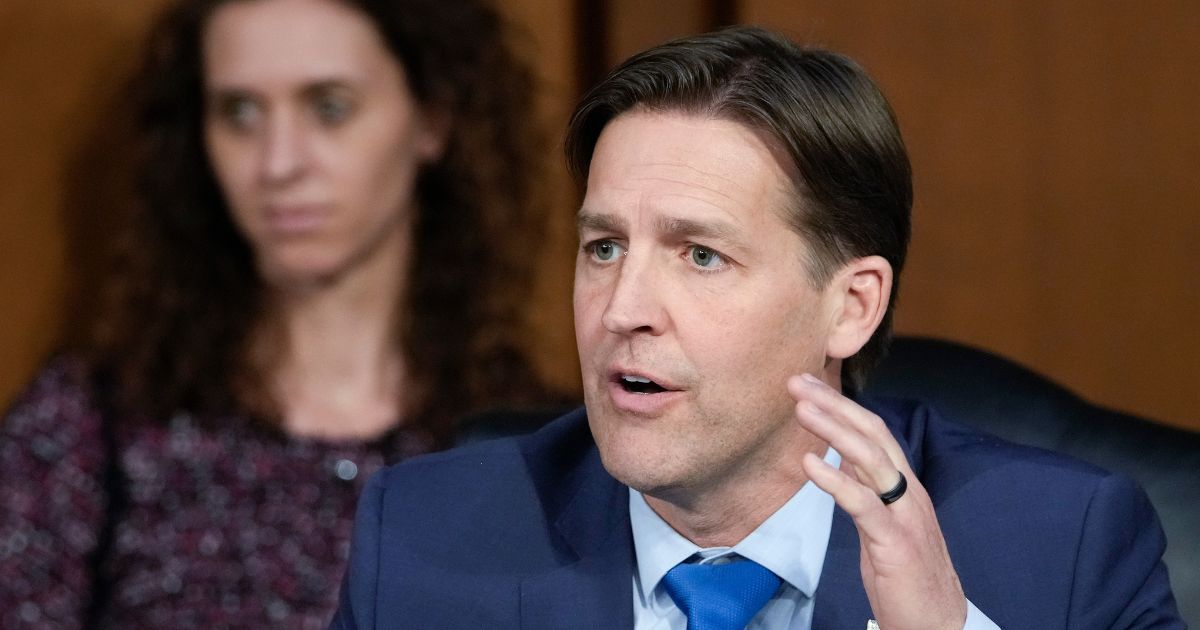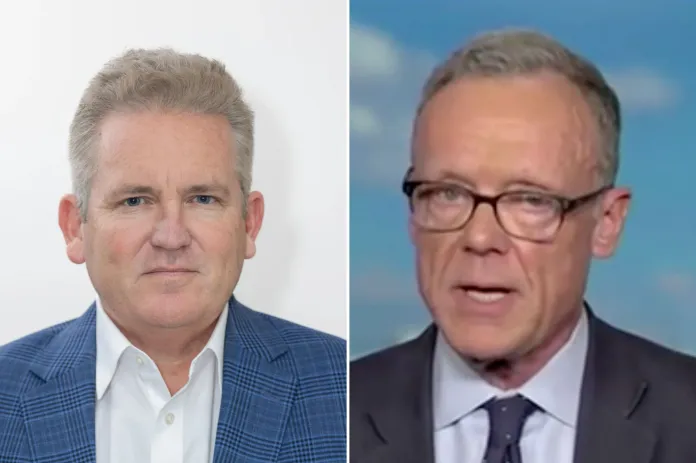Foul-mouthed Milei shows libertarians the way – Washington Examiner
The article discusses Argentine President Javier Milei’s notable economic reforms and thier impact on the country’s economy during his first year in office. Initially, there were concerns about his potential threat to democracy, but the narrative has shifted to recognize the successes of his administration. Notably, Milei has managed to reduce the inflation rate drastically, liberalize the rental market, and achieve a budget surplus for the first time in over a century. While some challenges remain, including rising poverty rates, especially among the elderly, the overall business confidence has improved considerably.The article emphasizes that Milei’s adoption of classical liberal principles, such as reducing government size and spending, is instrumental in reversing Argentina’s long-standing economic decline. Despite some setbacks, including the abandonment of a dollarization plan, Milei’s strategies are being lauded as a path toward economic recovery amidst a historical context of decades of mismanagement.
Foul-mouthed Milei shows libertarians the way
Last year, the Economist warned that “Javier Milei would be a danger for democracy in Argentina” on the eve of his election.
Twelve months on, that global voice of “Sensible Centrism” has changed its tune: “Javier Milei’s reforms hold lessons for the world.”
You can see its point. In his first year, the Argentine president halved the inflation rate, which was running at one per cent per day when he took over. He has freed up the rental market, resulting in the number of available apartments rising by 170 per cent, and rents falling by 40 per cent. He has returned the economy to growth and run the first default-free budget surplus in 123 years. Business confidence is surging, and the stock exchange is with it.
No one can undo a century of malinvestment and mismanagement without pain. Argentina’s poverty rate has risen, especially among the elderly, whose state pensions have seen their value fall in real terms. However, sadly, that is the story of every successful economic reform, from Margaret Thatcher’s in 1980 to the post-Communist governments of Central Europe a decade later.
So far, the voters are backing their president, the first free marketeer they have had since 1916. They are painfully aware that Argentina is almost the only nation on the planet that has become poorer over the past generation.
The surest way to measure people’s real wealth is by their time. How many minutes must the average worker put in to buy a cup of coffee, a haircut, an hour of reading light, or whatever? By that metric, as Marian Tupy at HumanProgress has shown, Americans have seen their wealth rise by 204 per cent, Chileans by 156 per cent, and Chinese, who have transitioned from Communism, by 1682 per cent. However, Argentines, incredibly, are 13 per cent poorer than they were in 1980.
How has Milei turned around this generational decline? By applying the classical liberal principles that made Argentina rich before 1916. He has shrunk the state payroll, abolished numerous government ministries, slashed tariffs, cut spending, and turned off the central bank’s printing presses. Although he disappointingly shelved his plan to adopt the U.S. dollar, which would have guaranteed that his reforms could not be undone by returning Peronist numbskulls, he has done something that libertarians have long dreamed of, making all currencies legal tender in Argentina.
As the Economist put it: “Argentina’s president is often wrongly lumped in with populist leaders such as Donald Trump, the hard right in France and Germany or Viktor Orban in Hungary. In fact he comes from a different tradition: a true belief in open markets and individual liberty.”
Well, quite. Though, once again, the magazine has radically changed its tune. Six months ago, it was telling its readers about “Latin America’s new hard right: Bukele, Milei, Kast and Bolsonaro.”
Milei’s worldview is very different from that of former Brazilian President Jair Bolsonaro, the Hungarian prime minister, or the U.S. president-elect. He is a down-the-line libertarian who loves free trade, welcomes immigration, ignores culture wars, and has no problem with transgender people (“provided they don’t send me the bill”).
Indeed, the only two policy areas where Milei is not uncomplicatedly anti-state are, oddly enough, areas where he nonetheless differs from Trump. Milei is (unusually, if not uniquely for a libertarian) strongly anti-abortion. He is also pro-Ukraine and pro-NATO.
Why, then, do the two men get on so well? Why was Milei Trump’s first foreign visitor? Partly because Trumpery has never been wholly synonymous with NatCon protectionism. There are plenty of free-marketeers in the incoming administration. Elon Musk and Vivek Ramaswamy have been especially vocal in their praise for Milei, whom they see as a model when it comes to domestic regulation.
This is mainly because Milei understood early on that the way to sell classical liberalism was in angry, crude, Trumpian language. His style was what our listless, screen-frazzled age demanded.
Here’s an example. In an interview, Milei explained why governments spend resources less carefully than private individuals. Milton Friedman summarized the argument: “There are two kinds of money in the world: your money and my money.”
Milei’s version of the same concept?: “We can all be hookers when it’s someone else’s ass!”
Such vernacular does not come easily to free-marketeers, who are accustomed to defending counterintuitive ideas against populists. However, the evidence keeps piling up, whether in the United States, Britain, or Europe. It is not so much Trump’s policies that fueled his rise — he has very little interest in policy — as his rough and demotic manner. Libertarians may need to grit their teeth and copy it.
" Conservative News Daily does not always share or support the views and opinions expressed here; they are just those of the writer."




